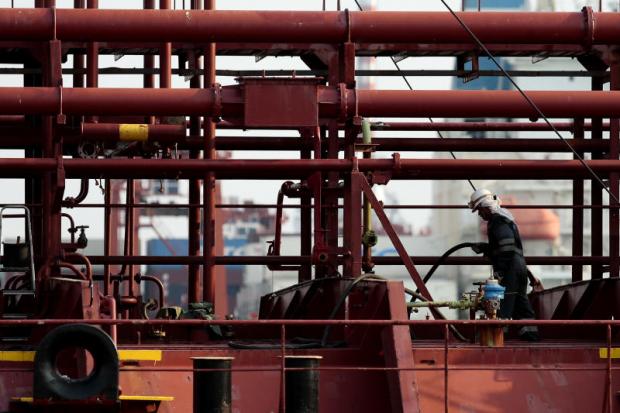
Domestic political uncertainty warrants a downside risk for Thailand's GDP growth outlook this year because a delay in forming the new government could curtail public investment projects and dent private investment incentives, says the World Bank.
"Public investment projects could be affected if new government formation is delayed," said Kiatipong Ariyapruchya, senior economist for Thailand at the World Bank. "Public investment [projects] between 2019 and 2020 are not expected to be affected, but new projects set to begin in 2021 could be impacted.
"Private investment, which has shown signs of recovery, is also at risk of a slowdown."
Regarding the recently unveiled economic stimulus package, Thailand's ratio of public debt to GDP is 41.8% and the 1.75% benchmark interest rate provides room for further fiscal stimulus, but public investment is the main driver of economic growth, Mr Kiatipong said.
A 1,500-baht cash handout for spending in 55 second-tier provinces and a 1,000-baht cash giveaway to farmers who are government welfare recipients are among the stimulus measures announced by the government to rev up economic growth.

Construction of the Bang Sue electric railway station, which is more than two-thirds complete. Failure to increase public investment disbursement rate poses the largest domestic risk to Thailand's economic growth going forward, said the World Bank. Patipat Janthong
But the failure to implement public investment projects in a timely fashion and increase public investment disbursement rates poses the biggest domestic risk to the country's economic growth going forward, the World Bank said in its latest East Asia and Pacific Economic Update report titled "Managing Headwinds".
The disbursement rate for public investment was less than 60% in fiscal 2017 and fiscal 2018.
Thai GDP is forecast to expand by 3.8% in 2019 and 3.9% in 2020, down from last year's 4.1% growth ratio, due to headwinds such as weaker global economic prospects, moderating industrial production and lingering trade tensions between the world's two largest economies, according to the international lender.
The World Bank forecasts Thailand's exports of goods and services to expand by 5.7% this year.
"Growth will be supported by public spending on large infrastructure projects, as well as robust expansion of private consumption and private investment," it said.

A man works at Laem Chabang port in Chon Buri, one of three provinces hosting the Eastern Economic Corridor project. Failure to increase public investment disbursement rate poses the largest domestic risk to Thailand's economic growth going forward, said the World Bank. PATIPAT JANTHONG
The World Bank in January trimmed its projection for Thailand's GDP growth this year to 3.8% from 3.9% estimated earlier, due to a global slowdown and elevated trade tensions between the US and China.
Thailand's 3.8% GDP growth forecast is the lowest for developing Asean economies, while average GDP growth among regional economies stands at 4.5%, according to the World Bank.
"We should not compare Thailand's GDP growth ratio to that of neighbouring countries," Mr Kiatipong said. "The country has a better economic outlook compared with 2-3 years ago, as domestic demand has compensated for [slower] exports while public and private investments as well as auto sales are starting to recover."